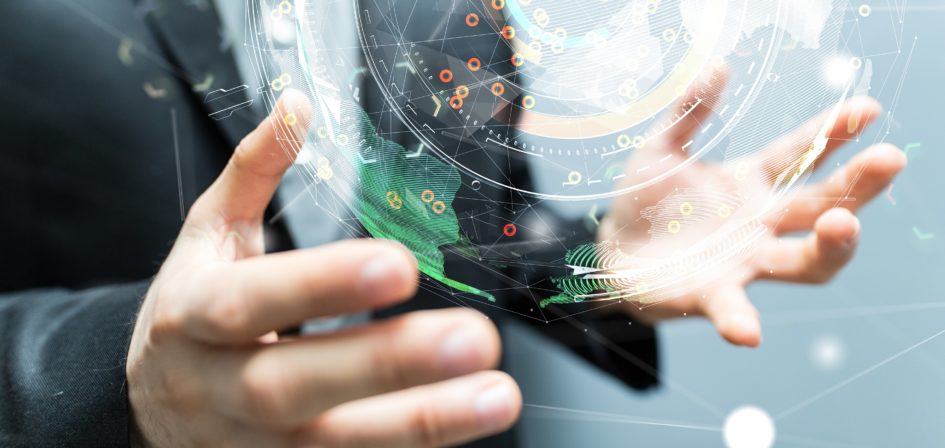Artificial Intelligence, and Artificial Consciousness
Artificial Intelligence (AI) is a field which has historically focussed on narrow domains; i.e. machines and software that do specific things well, but which can’t do much else. Recently, as the availability of computational power has soared and machine learning has come into its own as a field, researchers have begun to talk seriously about Artificial General Intelligence (AGI). Interestingly, in parallel with those developments we have begun to see greater interest in machines not just being intelligent, but also in being conscious.
Intelligence is usually defined pragmatically, as a measurable ability to solve problems. A non-sentient system can exhibit intelligence, by that definition. “Consciousness”, on the other hand, means different things to different people. Here I will use the word to refer to reflective self-awareness of the sort that characterizes sentient beings. When thinking about changes to our society over the coming years, it is perhaps most important to note that consciousness is a phenomenon traditionally thought to separate humans from “dumb animals” and simple tools. Cracks have been appearing in that distinction for decades, and it is now on the verge of collapse.
The Post Human: AI with Human Characteristics
The transhuman was defined by Futurist FM-2030 (AKA F.M. Esfandiary) as the “transitional human”, or evolutionary stepping stone between natural humanity and a technologically enhanced Posthuman. Given the way technology has evolved in recent decades, the transhuman seems more likely to be a person whose identity is inextricably woven into a network of increasingly automated connections with others, rather than some kind of obviously robotic or cyborg caricature of the idea. Although some worry about possible “dehumanization” arising from our increasing intimacy with technology, but as Futurists such as Ray Kurzweil have noted, we could just as easily give birth to an advanced civilization of “spiritual machines”, or AI with human emotions and values, giving us the opportunity to raise human civilization to a new and higher level of development.
The Little Things
There would be many great advantages to such a “hybrid society”, in which a continuum of awareness, ability and citizenship status encompasses unenhanced humans, Artificial Intelligences, software agents, and biologically and/or computationally enhanced transhumans. Such a society could carry forward the best hopes of humanity, while simultaneously eliminating problems caused (directly or otherwise) by human limitations. For example, research conducted by psychologists has shown that experts such as doctors and legal administrators will frequently make decisions using very little relevant information, all the while believing that they are exhaustive in their search. Such clearly flawed decision making could be eliminated by AI, which would not have the same information processing limitations, lack of self-awareness, or inherent egoistic need to justify flawed judgments and decisions.
The Singularity is Near
Ray Kurzweil’s 2005 book of that name envisages a near-future society which is fully hybridized, with the vast majority of persons (or at least entities) having a non-biological substrate. “The Singularity”, in Kurzweil’s formulation, is a very short period of time in which rates of technological development – particularly that of AI – apparently explode overnight, as they work through progressive developmental iterations in exponentially shorter steps. In other words, AI and information technology is now recursively self-improving, with each development in power and capability being shorter and shorter, until we reach a point where – from a natural human perspective – all the old rules and paradigms of our civilization become redundant more or less overnight.
It may well be that our civilization is approaching “some essential Singularity” as was originally discussed by John von Neumann and Stanislaw Ulam in the mid-20th Century. If that is to happen, then we should remember that rather than being an inhuman event, a technological Singularity could be our one chance, as a species, to finally integrate humanity’s compassion and spirit with our knack for adapting ourselves and our world with the latest tools available. Just as we need not just Artificial Intelligence but also Artificial Consciousness, we also need to ensure that the coming period of rapid and intense change is harnessed for the benefit of humanity as a whole.
Originally posted here:

Leave a Reply